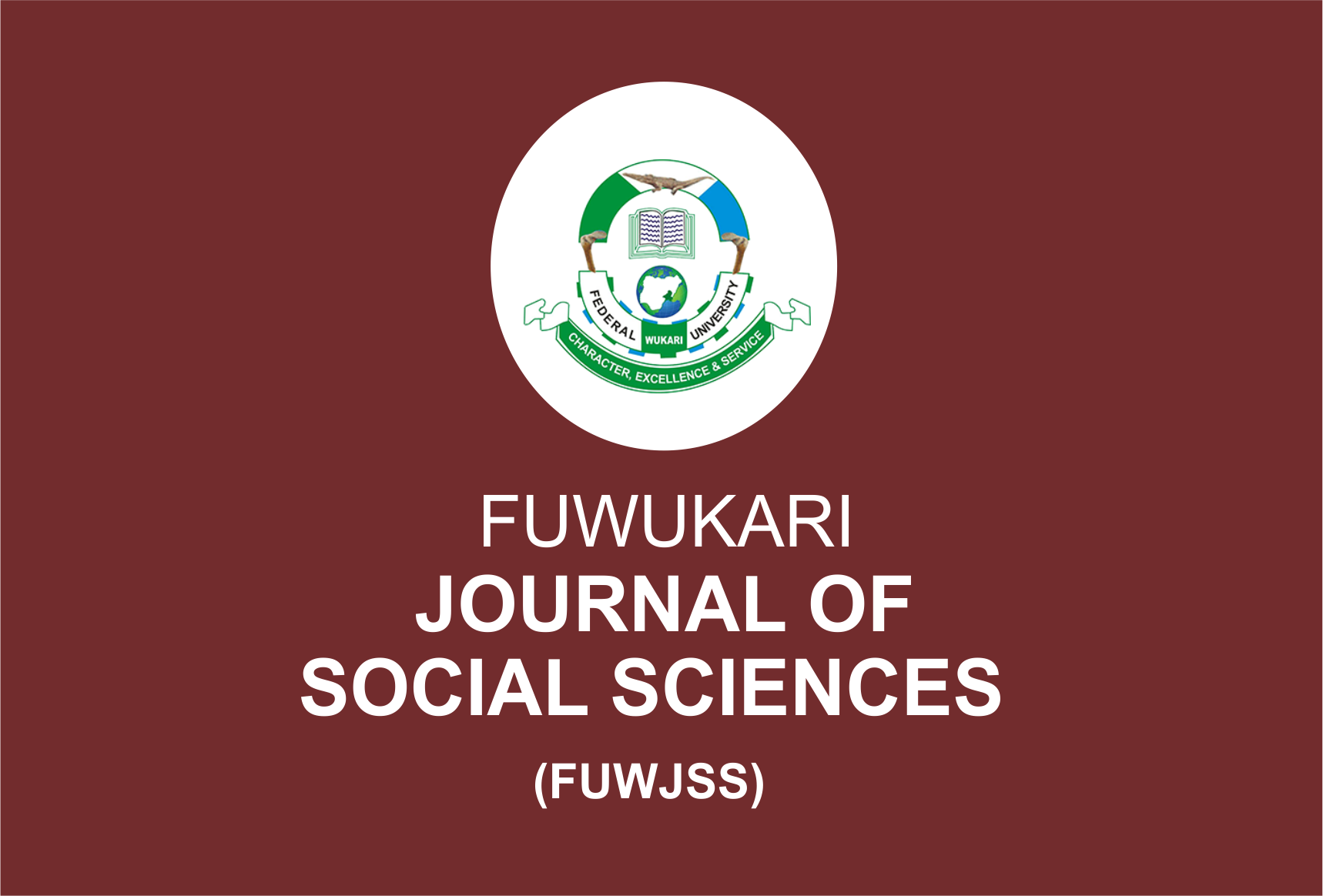Ethno-Religious Conflicts and Emergence of Residential Patterns in Plateau and Bauchi States, Nigeria
Aliyu Mustapha, Ewhrudjakpor Christian
Keywords: Ethnic, Religion, Beliefs, Conflict Resolution, Residential Pattern
Abstract
This paper examines ethno-religious conflicts and the emergence of residential patterns in Jos North, Jos South (Plateau State), Toro and Tafawa Balewa (Bauchi State) Local Government Areas in Nigeria. The Intractable Conflict Theory and Territorial Imperative Theory provided the lenses through which issues relating to the uncovering of remote causes of the protracted ethno- religious conflicts in Plateau and Bauchi States, and how these protracted ethno-religious conflicts impact on the socio-economic development of Plateau and Bauchi States were examined. The survey research design was adopted for this study which involves the use of multi stage and purposive sampling techniques where 382 respondents emerged as the study sample. Quantitative data that emerged in the study were analyzed through the use of frequency counts, percentages, mean and standard deviation. Regression statistical technique was employed to test the study’s hypotheses. Statistical Package for Social Sciences (SPSS Version 26) was used to run the statistical techniques adopted. The study’s results indicate that a major cause of the ethno-religious conflicts in Plateau and Bauchi States, Nigeria, which necessitates residential segregation patterns, is religion intolerance. Results also established that protracted ethno-religious conflicts in Plateau and Bauchi States significantly impact on livestock production in these States. The paper recommends that governments at all levels in Plateau and Bauchi States should initiate and implement programmes that create good relationships between Muslims and Christians on bases of informed appreciation and unbiased judgment of one another’s foundational beliefs.
Author Biography
Aliyu Mustapha
Department of Criminology and Security Studies, Faculty of Social Sciences, Federal University of Kashere,
Gombe State, Nigeria.
Email: [email protected], [email protected]
Ewhrudjakpor Christian
Department of Sociology, Faculty of Social Sciences,
Delta State University Abraka, Nigeria.
Email: [email protected]

